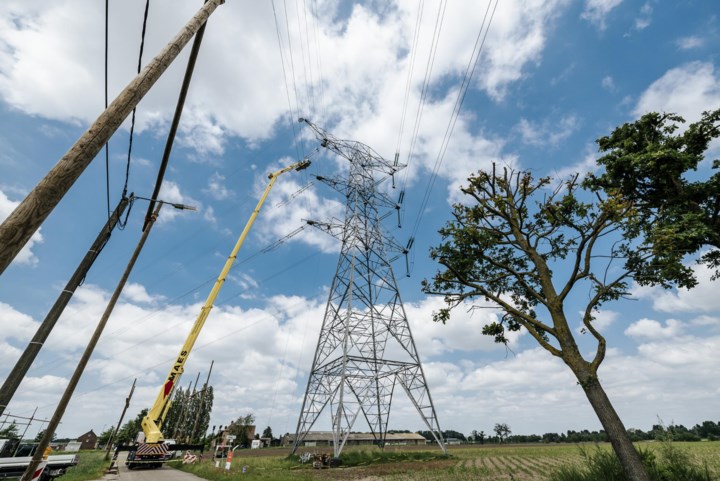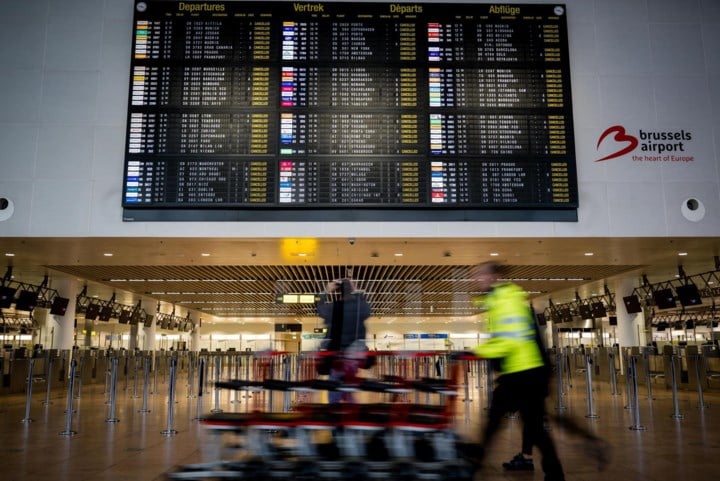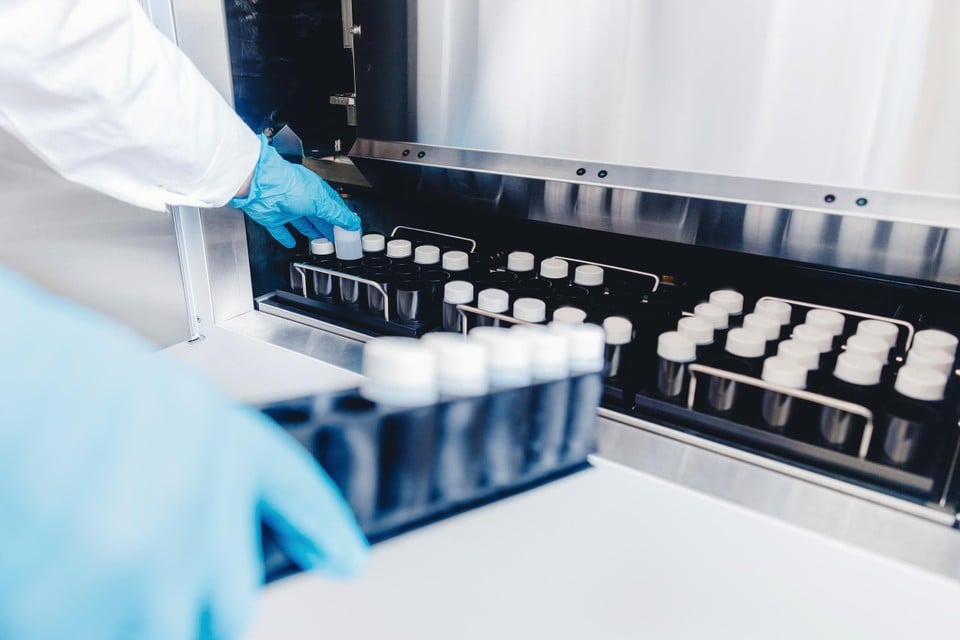Network operators can no longer fully connect all companies to the power grid

Network operators Fluvius and Elijah say they are packed in speed by the many requests for heavy electricity connections. The rise of new data centers and industrial batteries in particular means that not all transformers are heavy enough. The result: not every request for such a heavy connection can be granted immediately and for the full 100 percent.
Specifically, these are industrial connections on the Fluvius distribution network and the local transport network of Elijah. The transformers that link both nets are not strong enough everywhere to include all requests for heavier power, explains James Matthys-Donnadieu of Elijah. Those applications would still mean that there is a risk of overloading the network, says Raf Bellers, director of Netbeheer at Fluvius. « Then a whole area would be in danger of falling without electricity. »
Especially in West Flanders
The problem does not occur everywhere in Flanders. It concerns 16 of the 235 transformer stations, half of which are in West Flanders, which are in danger of becoming oversaturated and could get into trouble.
To exclude the risk of overload, the network operators cannot immediately respond to all applications for full connection today. For the Fluvius network, there are currently twenty applications. At Elia it is about fifteen files.
However, Fluvius is investing 11 billion euros in the network between 2024 and 2033, and between 2020 and 2030, Elia will pump 4.8 billion euros into the high -voltage network in Flanders. « These investments take time. There is also a long delivery time for materials, » explains Bellers.
At the same time, the network operators are confronted with many and sudden requests for connections of data centers, heavy electric boilers or large battery projects. « As a result, the impact can be greater locally than we had expected, » said Bellers. « That is unpredictable. We knew that we had to invest in transformers, but we did not know exactly the station-underneath. »
Temporary solutions
Elia and Fluvius are working on temporary solutions awaiting the planned strengthening of the grid. Fluvius launches, if the Regulator gives green light, a market product that allows companies in such areas to offer flexibility. After all, companies do not always need the full 100 percent of their assets.
A similar solution is also being worked on at Elia. In the longer term, a flexible connection contract must offer a structural solution. However, there is not yet a legislative framework for that. And Elia and Fluvius also see whether they can temporarily overload their transformers, or spread the pressure over multiple transformers. The network operators also consult the companies themselves, to get a faster insight into where exactly companies are planning investments.
For the sake of clarity, families are not involved. « There is no problem for connections of heat pumps or charging stations for electric cars. The problem is about heavy industrial connections, » says the network operators.








